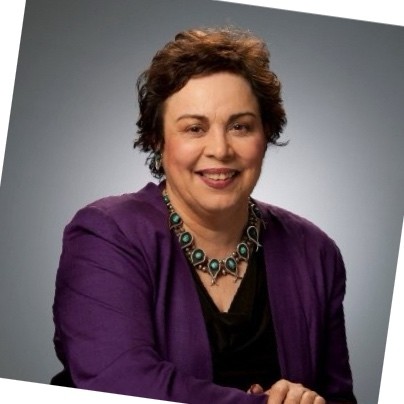Trends in higher education degrees Shifts in academic programs and employer expectations. Companies are shifting focus from traditional degrees to practical skills. Many industries now accept certifications, coding boot camps, and hands-on experience as valid alternatives to four-year degrees. This shift is pressuring universities to align curriculum with real-world job demands.
Micro-Credentials and Short Courses Are on the Rise
Students are opting for micro-credentials, online courses, and certificate programs that provide targeted knowledge. These shorter learning pathways allow learners to upskill quickly and adapt to industry needs without committing to a full degree.

STEM and Tech Degrees Dominate Demand
Fields like artificial intelligence, data science, cybersecurity, and renewable energy are driving degree trends. Universities are expanding STEM programs to keep up with employer demand, making technical skills a priority for future graduates.
Interdisciplinary Programs Are Replacing Single-Subject Degrees
Traditional degree structures are evolving into multidisciplinary studies, allowing students to combine fields like business and technology or healthcare and AI. This flexibility makes graduates more versatile and adaptable to changing job markets.
Online and Hybrid Learning Are Reshaping Higher Education
The rise of digital education is making degrees more accessible. Many universities are offering fully online or hybrid programs, giving students the option to study remotely while maintaining career or personal commitments.
Global Partnerships Are Expanding Learning Opportunities
Students can now earn degrees from multiple institutions worldwide through international collaborations. Dual-degree programs and global learning exchanges are providing more diverse educational experiences and career opportunities.
Internship-Based Degrees Are Becoming the Norm
More universities are integrating hands-on work experience directly into degree programs. This approach ensures graduates enter the job market with relevant experience, increasing their employability.

Traditional College Paths Are No Longer the Only Option
With changing employer expectations and evolving academic models, students are reconsidering the necessity of a full degree. As alternative credentials gain credibility, universities must adapt to meet the new realities of higher education.

I have 20 years of experience in higher education leadership. I held prominent academic positions at various institutions, concentrating on key areas such as student learning, faculty development, curriculum design, and institutional accreditation. As the Team Chair for eleven accreditation evaluations with the Middle States Commission on Higher Education, I have successfully directed thorough assessments that uphold academic standards and regulatory requirements. Furthermore, I have provided consulting services to major international institutions, offering guidance on accreditation processes, strategic planning, and governance frameworks. Her extensive knowledge in assessment, budget management, and collective bargaining and her commitment to academic excellence and institutional effectiveness make her a passionate champion for shared governance in higher education.
